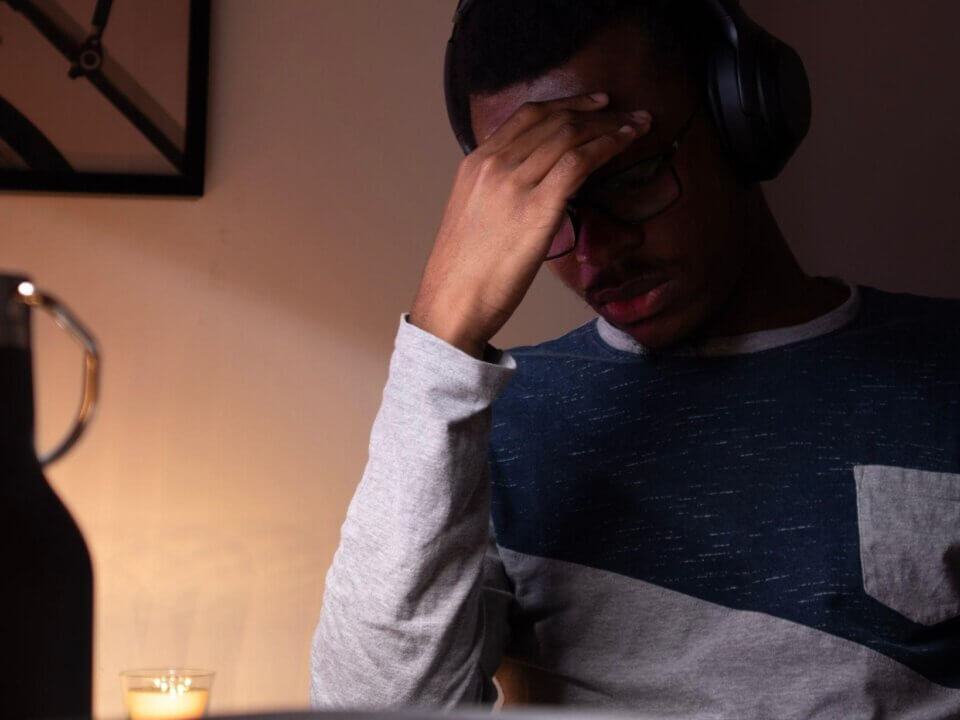
Abortion Guilt or Grief?
April 27, 2017
Are You Experiencing Symptoms of FOMO?
July 12, 2017June is LGBTQ Pride month in much of the United States. The month of June is chosen for the many festivities celebrating LGBTQ people because it coincides with the Stonewall riots of 1969. Many cities hold parades and festivals to combat the shame and stigma that exists against LGBTQ people.
Those who consider themselves allies (supporters of LGBTQ people) often use their privilege in society to defend, protect, and empower their queer friends and family. The Human Rights Campaign has provided tips for being an ally. Both those who already consider themselves allies and those who are interested in getting started can take note:
- Be honest: It’s important to be honest with yourself — acknowledging your feelings and coming to terms with them. And it means being honest with the person who came out in your life — acknowledging you aren’t an expert, asking them what’s important to them, seeking resources to better understand the realities of being an LGBTQ individual so that you can be truly informed and supportive.
- Send gentle signals: Showing and sharing your acceptance and support can be very easy. Many people often don’t realize that LGBTQ people keep watch for signs from their friends, family and acquaintances about whether it is safe to be open with them. It can be as subtle as having an LGBTQ-themed book on your coffee table.
- Have courage: Just as it takes courage for LGBTQ people to be open and honest about who they are, it also takes courage to support your LGBTQ friends or loved ones. We live in a society where prejudice still exists and where discrimination is still far too common. Recognizing these facts and giving your support to that person will take your relationship to a higher level and is a small step toward a better and more accepting world.
- Be reassuring: Explain to a someone who came out to you that their sexual orientation or gender identity has not changed how you feel about them, but it might take a little while for you to digest what they have told you. You still care for and respect them as much as you ever have or more. And that you want to do right by them and that you welcome them telling you if anything you say or do is upsetting.
- Let your support inform your decisions: It’s about working to develop a true understanding of what it means to be LGBTQ in America and trying to do your part to help break down the walls of prejudice and discrimination that still exist — for example, by supporting businesses with appropriate anti-discrimination policies, saying you don’t appreciate “humor” that demeans LGBTQ people when it happens or learning about where political candidates stand on issues that have an impact on the LGBTQ community.
The Gay and Lesbian Alliance Against Defamation (GLAAD) as well as Parents, Families, and Friends of Lesbians and Gays (PFLAG) offer more information about being an ally and coming out as a supporter.
Clarity Clinic offers LGBTQ affirmative services for individuals, couples, and families. If you or someone you know is struggling with coming out, having a hard time understanding a family member who has come out, or need a safe place to explore thoughts, feelings, and concerns give us a call.
http://www.hrc.org/blog/how-to-be-an-lgbt-ally
https://www.glaad.org/resources/ally/2
http://www.hrc.org/resources/straight-guide-to-lgbt-americans
Natasha Williams, LMFTA
Therapist
Clarity Clinic




